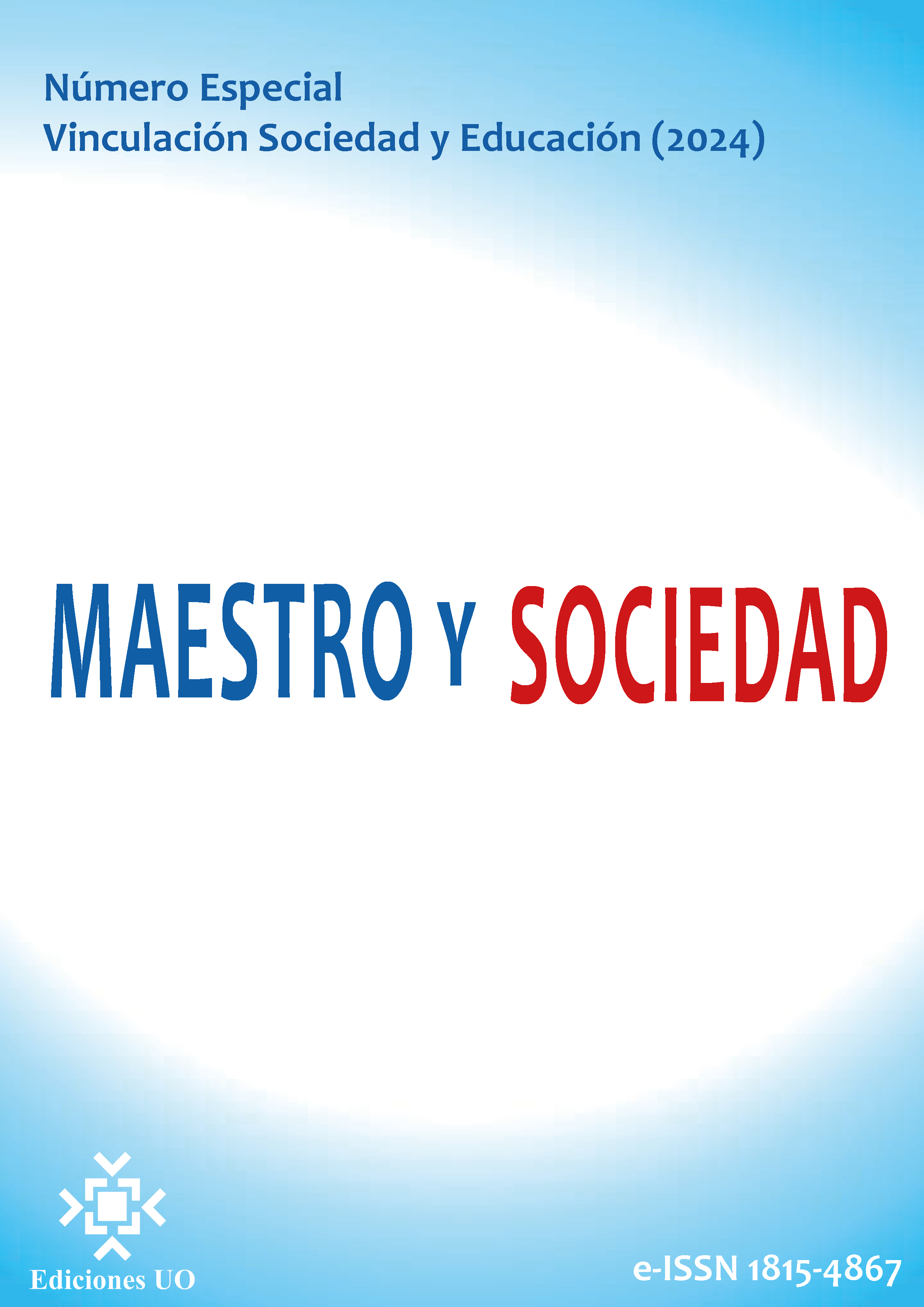Alternative biological projects as a resilient response to symbolic gender violence in rural and Afro-Mexican communities of Oaxaca
Keywords:
Alternative projects, Symbolic violence, Gender, CommunitiesAbstract
Introduction: The objective of this research is to analyze and understand how resilience in the face of symbolic gender violence develops in a form of participation in alternative projects, being a response to the search for improving the quality of life. Materials and methods: The research was carried out in various communities in the rural and Afro-Mexican region of Oaxaca, both in the Sierra and on the Pacific coast. Through the use of qualitative and quantitative tools, taking the case study and ethnography, as well as the use of surveys, questionnaires from the chain or snowball perspective. Results: In the biological part, the introduction of tools for the production of bioinputs in medicinal and food gardens was carried out, as well as the production of food supplements, in order to improve the quality of the soil, the plants, the final product for health or food purposes. Discussion: It was identified that, in the cultivation, harvesting and sowing of the nutritional supplement, they gave participation that encourages the organizational processes around food as forms of work, going so far as to create informal groups of communication and support between them. Conclusions: Furthermore, the resilience of the women who make up this form of organization has a positive impact on the production of bioinputs and supplements, improving the quality of products and food and in addition to promoting their autonomy and freedom in the execution of their rights.
References
Centro del estudio de las mujeres y paridad de género. (2020). Ocupación y empleo de las mujeres en Oaxaca.
CEPAL. (2018). Mujeres afrodescendientes en América Latina y el Caribe. Desigualdad de igualdad. Cooperación española.
CONEVAL. (2018). Informe de pobreza en México en 2018. CONEVAL.
Fernández, A. (2020). Propuesta de intervención para la mejora de la resiliencia en mujeres víctima de violencia de genero. [Tesis de grado. Universidad de Valladolid].
León, A. (2013). Resiliencia organizacional: una aproximación. [Tesis de grado. Universidad del Rosario].
Mendoza, S. (2019). Consumo de Spirulina Máxima y su efecto en el estado nutricional de niños de entre 5 y 15 años de la unidad educativa Tambo Aranjuez del distrito 4 de la Ciudad de Sucre. [Tesis de maestría. Universidad Andina Simón Bolívar].
Organización de las Naciones Unidas para la Alimentación y la Agricultura. (2019). Abriendo brechas: perspectivas actuales y futuras para las mujeres rurales en la agricultura. https://doi.org/10.1787/22184376
Quiñonez, R. y Prado, M. (2017). Resiliencia organizacional: ideas para el debate en el contexto ecuatoriano. Dominio de la ciencia, 3 (s/n), pp. 488-504.
Velázquez, M. y Iturralde, G. (2012). Afrodescendientes en México. Una historia de silencia y discriminación. Consejo nacional para prevenir la discriminación. CDMX.
Published
How to Cite
Issue
Section
License
Copyright (c) 2024 Karen Andrea González Cruz, Mónica Rodríguez Palacio, María Teresa Magallón Diez

This work is licensed under a Creative Commons Attribution-NonCommercial-NoDerivatives 4.0 International License.
This journal provides immediate open access to its content, based on the principle that offering the public free access to research helps a greater global exchange of knowledge. Each author is responsible for the content of each of their articles.



























 Universidad de Oriente
Universidad de Oriente 